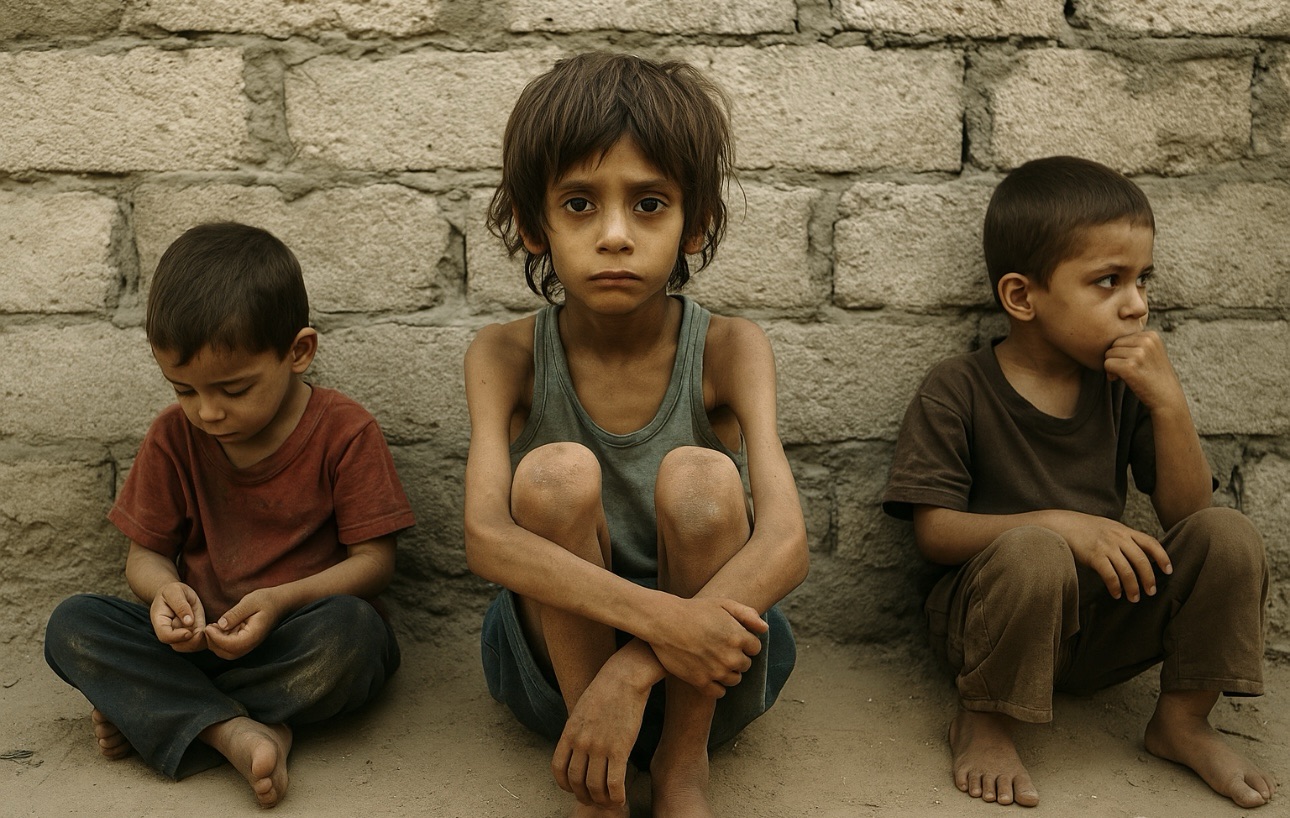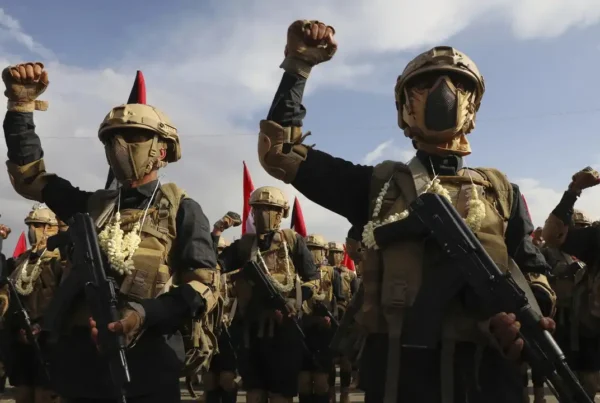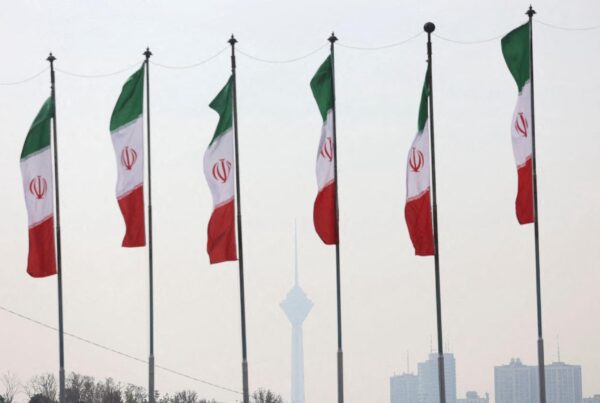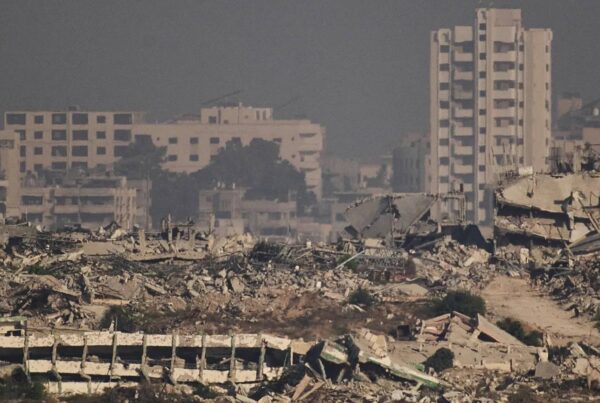The humanitarian crisis in Gaza has reached its darkest point after the Integrated Food Security Phase Classification (IPC) on August 22, 2025, officially declared Gaza City in famine (IPC Phase 5). This designation is a severe alarm for the international community, as the famine is entirely preventable yet continues due to blockade and restricted humanitarian access.
A Shocking Famine Declaration
According to Reuters, more than 514,000 people in Gaza are now living in conditions of extreme food shortage. The number is projected to rise to 641,000 by the end of September 2025 if urgent measures are not taken. The three key indicators of famine are all met: at least 20 percent of households face food shortages, more than 30 percent of children suffer from acute malnutrition, and mortality rates exceed the emergency threshold.
Children as the Main Victims
The most tragic impact falls on children. Data from WHO and UNICEF reveal that more than 12,000 children suffered acute malnutrition in July alone. In August, there were 138 malnutrition-related deaths, including 25 children. Experts warn that more than 130,000 children under five could die if the conflict and blockade continue without a ceasefire.
Causes: A Man-Made Crisis
The UN has stressed that this famine is a man-made disaster. Volker Türk, UN Human Rights Chief, stated that Israel’s restrictions on aid access directly fuel the crisis. He warned that this situation could amount to a war crime, as it results from deliberate human actions.
The Israeli government, however, rejected the IPC findings, arguing that the data is unreliable and allegedly based on Hamas sources. This denial sparked strong criticism from humanitarian organizations, which demand transparency and safe access for aid convoys.
Risk of Spreading to Other Areas
IPC warns the famine could extend beyond Gaza City. Deir al-Balah and Khan Younis are at risk of entering famine by late September. If the trend continues, more than 58 percent of Gaza’s population, or 1.14 million people, could face food emergency levels (IPC Phase 4).
Global Calls for Action
Organizations including FAO, WHO, WFP, and UNICEF have urged an immediate ceasefire to ensure humanitarian corridors. Without safe access, essential supplies such as food, medicine, and clean water cannot reach civilians. They also stress the need for strong international support to prevent this crisis from escalating further.
Conclusion
The famine declaration in Gaza City is a grave reminder that this crisis cannot be prolonged. The international community faces a moral test to guarantee humanitarian access and protect civilian lives. Without swift action, famine will spread to other areas of Gaza, claiming even more lives.




